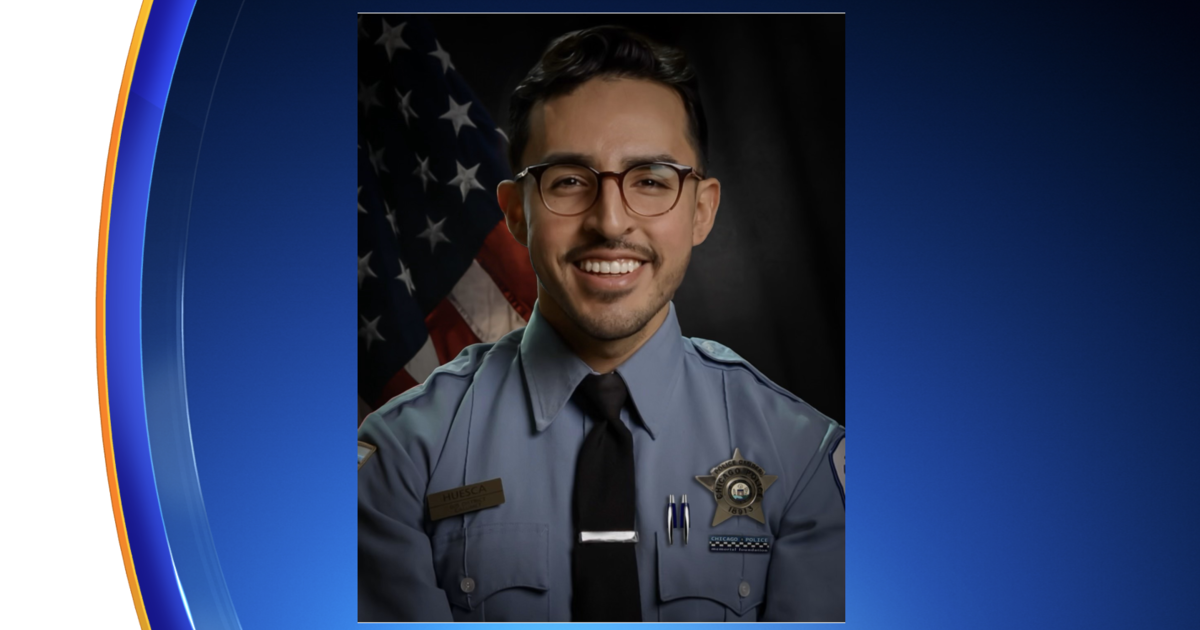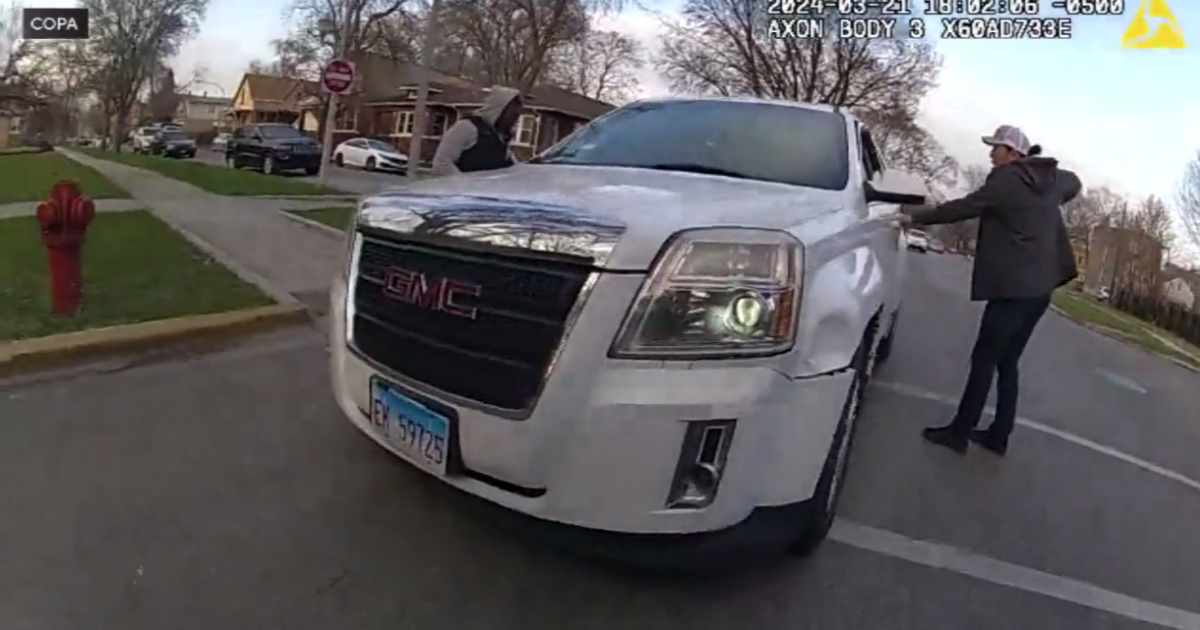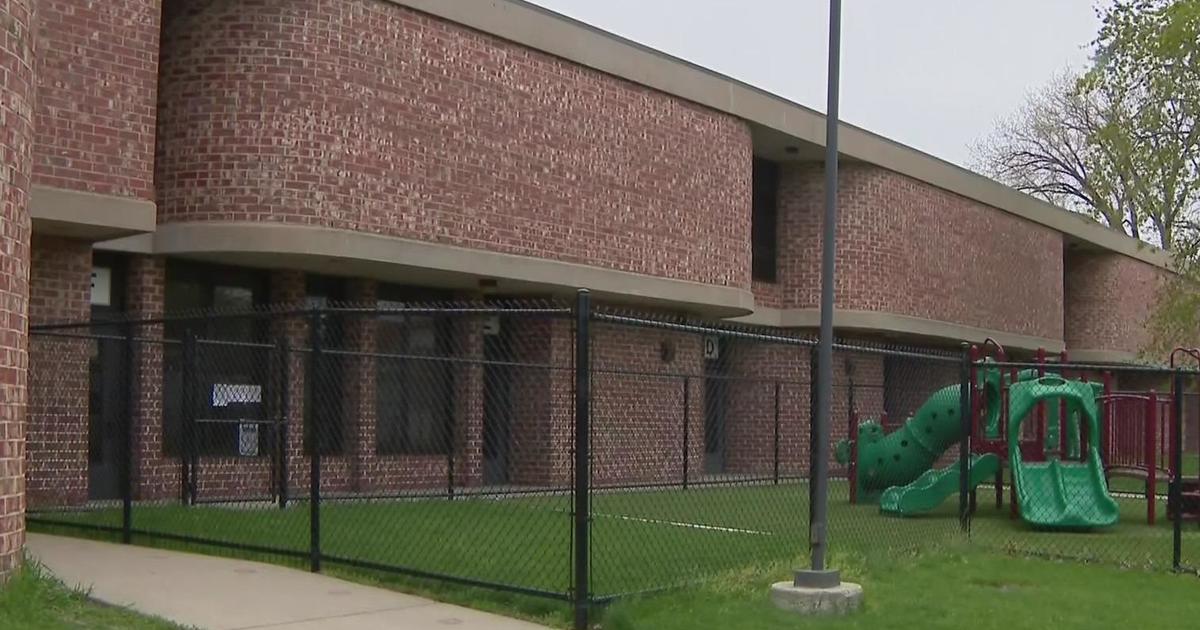University Of Chicago Expert Says Limiting Close Unmasked Contacts Remains Key To Containing COVID; 'Spend Your Up-Close And Unmasked Contacts Wisely'
CHICAGO (CBS) -- Up-close and unmasked. How many people fitting that description do you let into your world every day? One local expert has some ideas around what that answer should be.
Some people are okay with flying, others aren't; some are okay with kids in school, others aren't.
Doctors treat time with others differently than teachers.
So, whats right for you?
Dr. Emily Landon, Executive Medical Director, Infection Prevention and Control at University of Chicago Medicine, offers us all a roadmap.
"Every person needs to have some up-close and unmasked contacts," Landon said. "But it shouldn't be 50, right? It should be five."
"When you get more than 5-10 up-close and unmasked contacts, the situation becomes unmanageable," she added. "Spend your up-close and unmasked contacts wisely."
"You have your home, your family, You have 3 or 4 people there. They're sort of freebies," she said. "On top of that, everybody gets like 3-4 people. If you live with 6 or 7 people in your family, then everybody gets fewer."
"If you have vulnerable people in your family, then everybody gets fewer additional contacts," Landon added. "If you're going to go visit grandma in a week, then you need to cut back."
Landon said people need to understand the same thing about sports teams that play without masks, and have lots of close contacts.
"Those are all [up-close and unmasked] contacts. If you're gonna do that … then those people need to not have any other contacts," she said.
If you live in an area with a high rate of transmission, you need to lower the number of up-close and unmasked contacts.
"The more disease there is in your community, the fewer contacts you're allowed to have," Landon said.
"One thing that I think people don't understand or think about, is when you eat indoors at a restaurant, whenever you take off your mask, when you're up close and unmasked with other people; or you have your mask off indoors where there are other people: those people count," Landon added. "You cannot have a ton of up-close and unmasked contacts and expect disease not to spread."
"This is the math that drives transmission, and that's why things are tricky for people," Landon said. "But, if we can all keep our contacts small … then we're going to be okay."
As case counts go up, our bubbles need to get even smaller.
A warning for the weekend ahead: Halloween parties can quickly become super spreader events. Landon said people who limit their close contacts are showing grit and compassion, making sacrifices for people they don't even know.



